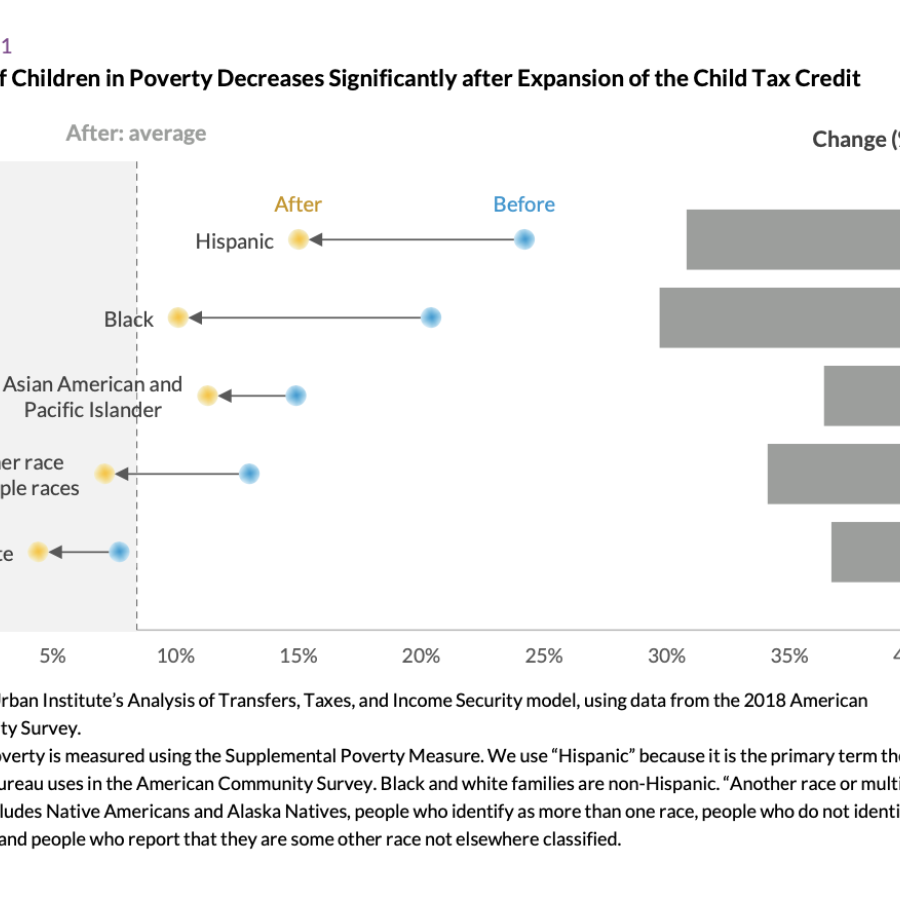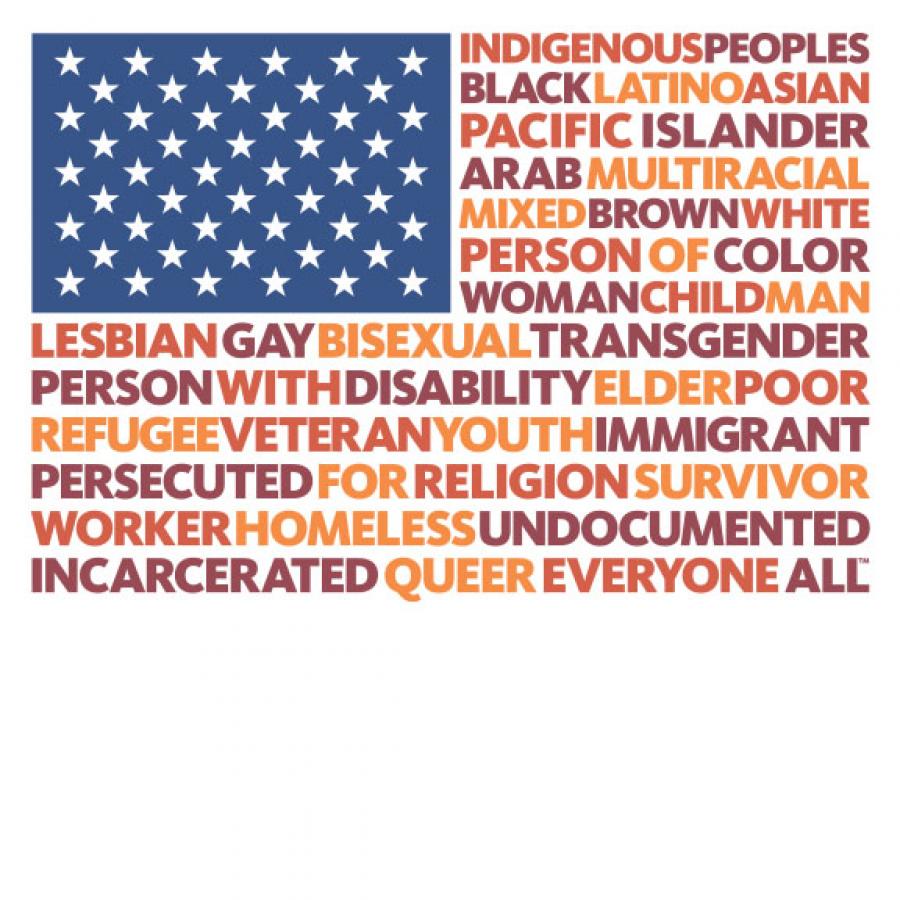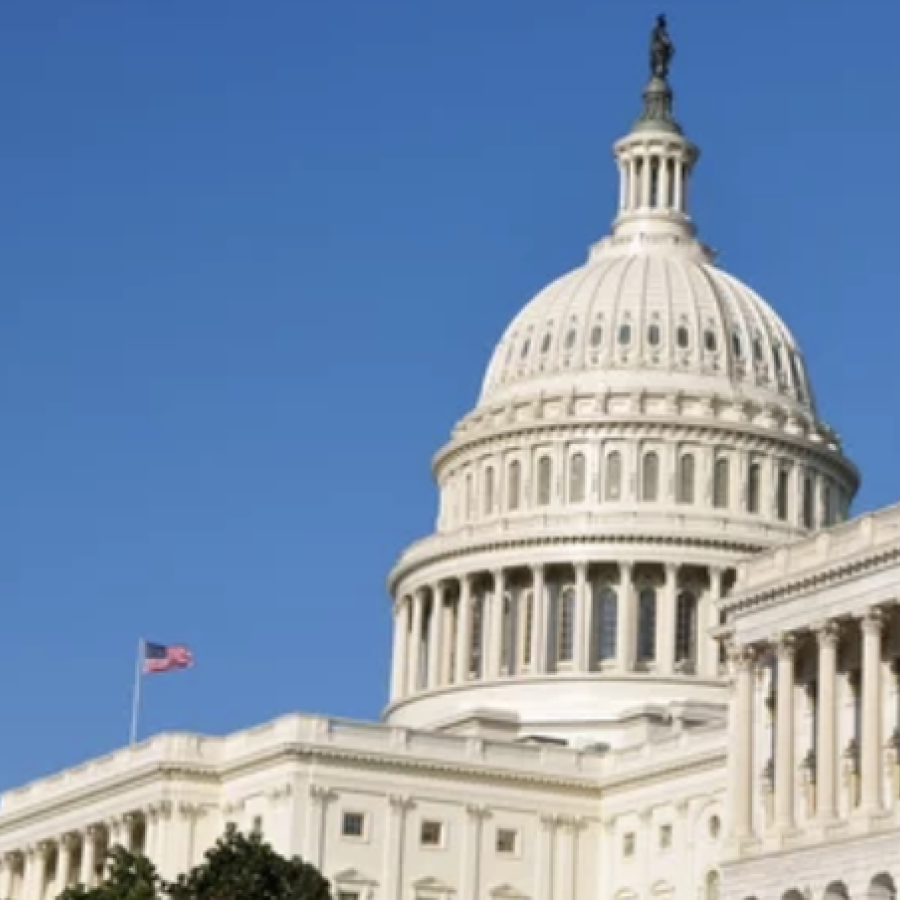Racial Equity Governing Agenda
Exclusion has been a defining characteristic of our country, undermining the very strength of our democracy. And the barriers that have long harmed Black people have been allowed to grow more entrenched and are hurting more people than ever before, including large swaths of White people. It is time to remove anti-Blackness from our policies and institutions, strengthening our democracy for all and demonstrating the power of a true multiracial democracy. We call on our national leaders to center Black people in this moment and harness the energy from the streets by committing to a Racial Equity Governing Agenda.
While elected officials have a responsibility to represent all people, equity calls on leaders to target interventions where they are needed most. Intentional investments in Black Americans have benefits that cascade out, improving the lives of all struggling people as well as regional economies and the nation as a whole. This concept is known as the “Curb Cut Effect.” Ensuring all people live in a society where they can participate, prosper, and reach their full potential requires recognizing that the path to getting there is different for different groups. This is how we support a multiracial democracy.
- Partner with the People
To make the government more equitable, federal leaders must engage the very groups that have historically been left out of shaping our government’s institutions. This requires building trust, engaging leaders, and ensuring the public has a voice.
- Racial Equity Audit of Federal Agencies
Conduct a comprehensive racial equity audit of each agency’s statutes, regulations, and programs to identify policies that, by design or effect, are anti-Black to inform a regulatory reform agenda. This includes federal formulas directing the allocation of appropriated funds.
-
Racial Equity Score
Encourage executive branch and Congress to overhaul current Congressional Budget Office (CBO) scoring practices to also measure racial equity impacts when conducting cost analyses.
-
Data-Backed Policy Making
The federal government must improve data disaggregation so that researchers, policymakers, and practitioners will be better able to influence the health environments, behaviors, and outcomes of communities across the United States.
-
Legal Strategy for Centering Race in Policy
In partnership with civil rights and constitutional law scholars, we will identify legal pathways and develop tools to support leaders in centering race in policy and program development.






